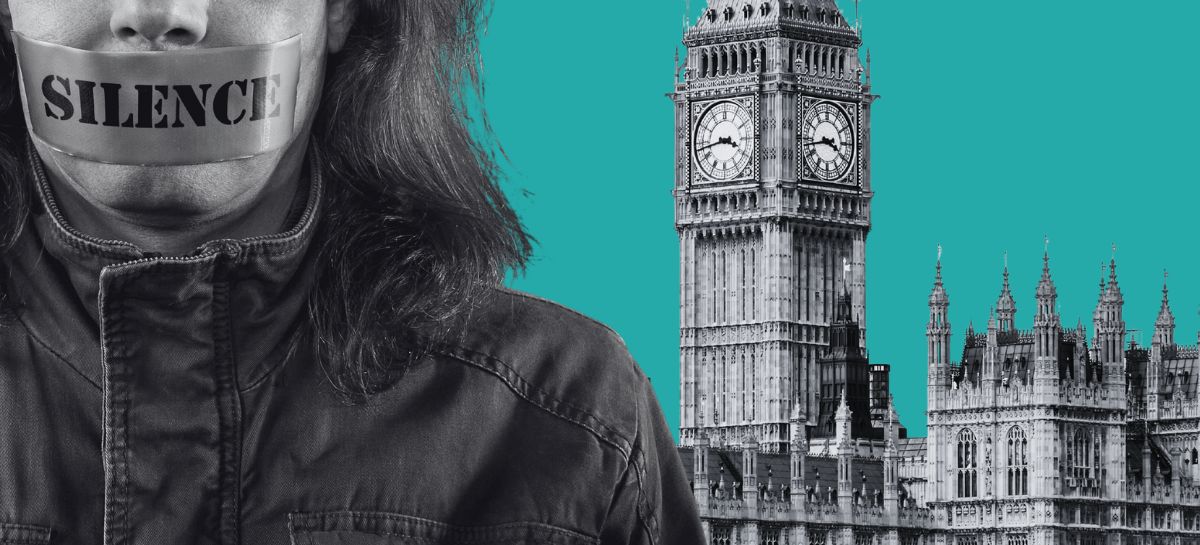
The UK government’s Commission for Countering Extremism commissioned Jacob Mchangama to contribute a piece to a collection of essays called “Countering extremism: defending free speech.”
Jacob’s contribution was called, “From safety valve to pressure cooker: when silencing speech fuels extremism.”
Read an excerpt below:
Introduction: Free Expression as a Safety Valve
In 1964, Nelson Mandela stood in a Pretoria courtroom charged with “sabotage” for using armed force against South Africa’s white supremacist Apartheid regime. In his famous “Rivonia Trial” speech Mandela provided a clear and unapologetic explanation for why the armed wing of the African National Congress had resorted to violence:
“All lawful modes of expressing opposition to [Apartheid] had been closed by legislation, and we were placed in a position in which we had either to accept a permanent state of inferiority, or to defy the Government. We chose to defy the law. We first broke the law in a way which avoided any recourse to violence; when this form was legislated against, and then the Government resorted to a show of force to crush opposition to its policies, only then did we decide to answer violence with violence.”
Mandela essentially likened free expression to a safety valve in a pressure cooker: if people cannot peacefully voice grievances, their anger will explode in other ways. His insight was simple but profound: when governments suppress peaceful expression, even those committed to democracy may see violence as the only remaining option. This pressure cooker theory of free speech suggests that open debate and protest offer a nonviolent alternative to extremism and conflict.
Modern democracies, of course, are not Apartheid South Africa. They fight terrorism in the name of protecting freedom and equality, not entrenching oppression. Moreover, their foes are typically not freedom fighters committed to democracy and human rights, but groups and individuals whose religious or ideological doctrines call for violently abolishing these values. Yet Mandela’s warning remains strikingly relevant. Today, many governments – democratic and authoritarian alike – are expanding anti- terrorism and extremism laws to curb radical ideas and movements. These measures are often justified as essential for national security or public order. But history and emerging evidence suggest that overzealous censorship and suppression can backfire, undermining the very democratic values they purport to defend.
This essay explores the growing tension between counter-extremism efforts and freedom of speech. It begins with the approach of the UK, France, and Germany, showing how even well-intentioned democracies risk eroding civil liberties. Next, it examines how authoritarian states have made “extremism” a catch-all excuse to silence dissent – and how they are influencing global norms. We then turn to the paradox of censorship: why suppressing extremist speech can make society less safe. Finally, we consider how democratic backsliding and authoritarian influence are reshaping international free speech standards and argue for a more principled path that defends both security and liberty.
Read MoreJacob Mchangama is the Founder and Executive Director of The Future of Free Speech. He is also a research professor at Vanderbilt University and a Senior Fellow at The Foundation for Individual Rights and Expression (FIRE).

